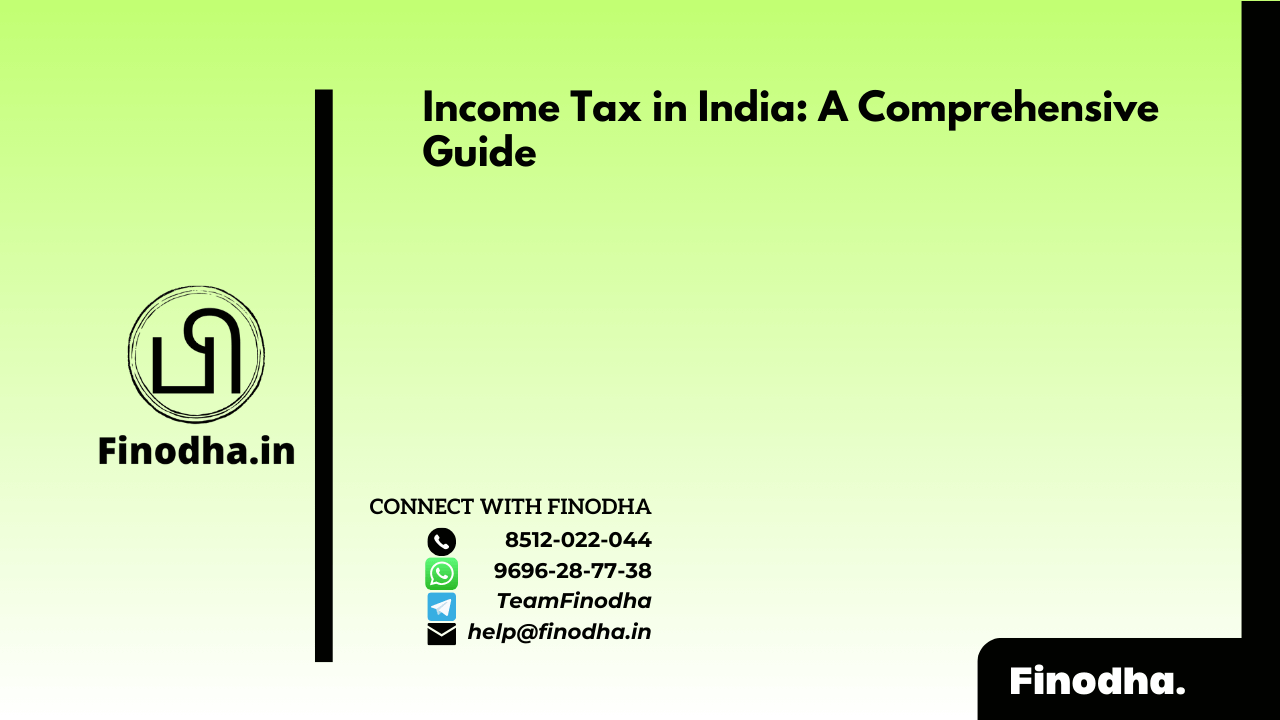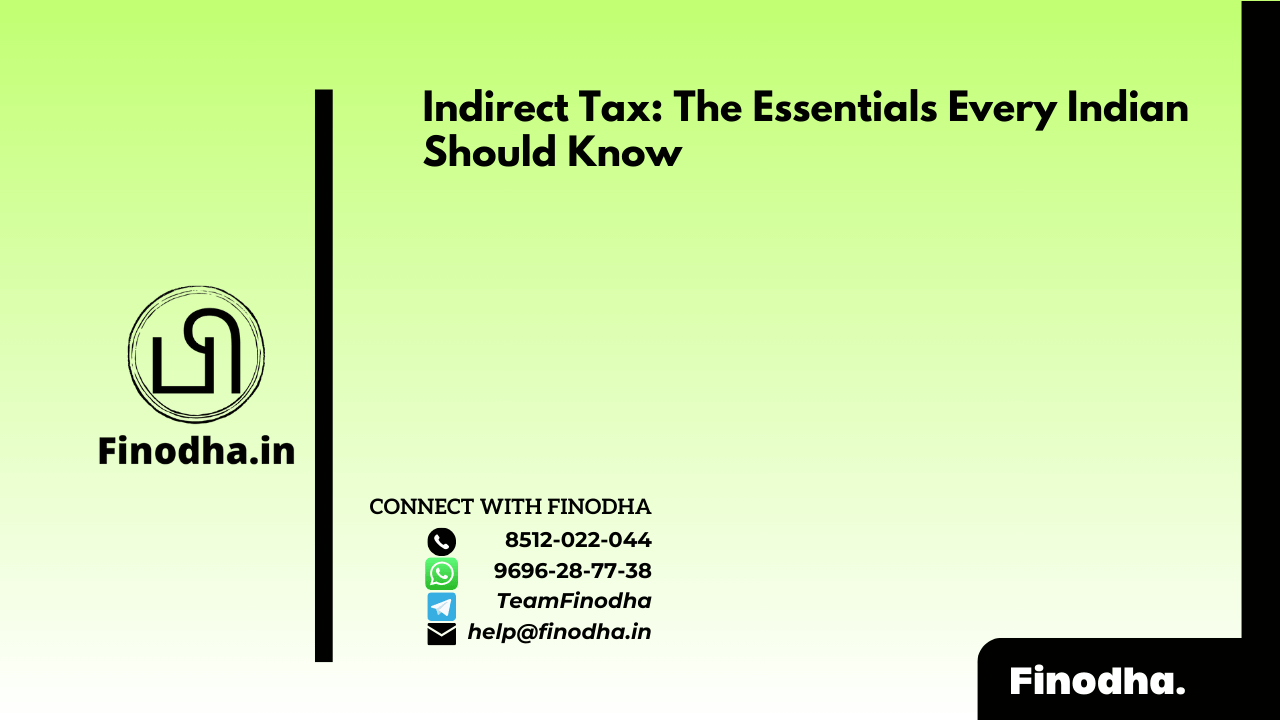Important Keyword: F&O Trading, Income from trading, Income Tax, ITR-3.
Table of Contents
Expenses a Traders Can Claim in ITR
Traders in financial markets encounter various expenses while conducting their business. Understanding which expenses qualify for tax deductions is crucial for sound financial management and adherence to tax laws.
Expenses a Traders can Claim
A trader can declare all expenses directly associated with their trading business as deductible business expenses. These expenses must be solely and exclusively related to generating business and professional income. Here’s a breakdown of expenses eligible for deduction against trading income:
- Rent Expense: Rent paid for office premises is claimable, provided the trader retains valid rent receipts and agreements as proof.
- Insurance Expense: Insurance expenses for assets used in the business, such as equipment or property, are deductible.
- Repairs & Maintenance: Expenses for repairing equipment, furniture, or laptops used for business purposes are deductible.
- Office Supplies: Stationery, printing, and refreshment expenses incurred for business operations are deductible.
- Electricity Expense: Electricity expenses for the office can be claimed, or proportionally if working from home.
- Membership Fees: Membership fees paid for trading platforms or related services can be claimed, but recreational club memberships cannot.
- Legal & Professional Fees: Fees paid for services like tax filing, audits, legal advice, or consultancy are deductible.
- Books & Subscriptions: Costs for trading-related magazine subscriptions or book purchases are deductible.
- Depreciation: Traders can claim depreciation on assets used for business purposes over their useful life, according to Income Tax Act guidelines.
- Mobile & Internet Expense: Expenses for mobile, telephone, and internet services used for business purposes are deductible.
- Finance Costs: Interest paid on loans taken for trading business purposes is deductible.
- Trading Expenses: Charges such as brokerage, turnover fees, clearing charges, exchange transaction charges, STT, stamp duty, and GST are deductible.
- Other Business Expenses: Any other expenses directly related to the trading business can be claimed as deductions.
Keeping detailed records and valid documentation for all expenses is crucial for substantiating these claims during tax assessment.
Can I claim Tax paid as a Business Expense?
STT (Securities Transaction Tax), Stamp Duty, and CTT (Commodities Transaction Tax) are levies incurred during trading activities. Traders can claim these expenses as valid business deductions if they report their income as business income.
- STT: This tax applies to various securities like equity shares, mutual funds, ETFs, futures, and options. Traders can deduct STT paid as a business expense.
- Stamp Duty: Stamp Duty is applicable to securities transfers. Traders can claim Stamp Duty paid as a valid business expense.
- CTT: Commodities Transaction Tax is imposed on commodity trading. Traders can deduct CTT paid as a valid business expense.
- Input GST: Input GST, including CGST, SGST, and IGST paid on trading expenses, is deductible if the trader is not GST registered. GST registered traders can offset Input GST against Output GST.
However, traders cannot claim taxes on income, like Income Tax, or sales taxes like GST, as business expenses. These taxes are not considered deductible business expenses.
Expenses that a Trader cannot claim in an Income Tax Return
Personal expenses, fines, penalties, taxes, cash payments exceeding INR 10,000, and undeposited TDS are not deductible as business expenses according to the Income Tax Act.
- Personal Expenses: Costs incurred for personal use cannot be claimed as business deductions.
- Fines & Penalties: Expenses related to offenses or prohibited activities under the law are not deductible. However, penalties for contract breaches may be deductible.
- Tax: Taxes paid on income, including Income Tax, Advance Tax, and GST, are not deductible as business expenses.
- Cash Payments: Expenses paid in cash exceeding INR 10,000 are not deductible, except for certain exceptions mentioned in Rule 6DD of the Income Tax Act.
- Undeposited TDS: Expenses for which TDS is not deducted or deposited are not deductible, including interest, commission, rent, royalty, and professional or technical fees.
Points to remember for Trader who claims Business Expenses
The trader should ensure that invoices are issued in their name and dated within the relevant financial year. If an expense serves both personal and business purposes, the trader can claim a reasonable portion for business.
It’s crucial to retain bills, invoices, or any payment proof as they’re required during Tax Audit by a Chartered Accountant or in case of an Income Tax Department notice.
Avoid cash payments, especially exceeding INR 10,000 per day to a single recipient. opt for non-cash payment methods to track expenses effectively.
For Income Tax calculation, traders can avail deductions under chapter VI-A.
If the business income exceeds INR 1,50,000 or total sales/gross receipts surpass INR 25 lakhs in any of the preceding 3 years, maintaining books of accounts becomes mandatory.
Traders opting for the Presumptive Scheme under section 44AD cannot claim expenses as they’re exempt from maintaining books of accounts.
Traders with Business Income should list valid business expenses in the Profit & Loss Statement. They also need to prepare financial statements and file ITR-3, along with calculating trading turnover to determine Tax Audit applicability.
Which expenses can a trader claim on the sale of shares?
Income from the sale of shares falls under the head “Income from Capital Gains.” Investors or traders can subtract expenses that are wholly and exclusively incurred during the transfer of shares from the sales consideration. This includes brokerage, stamp duty, sales commission, etc. These expenses are deductible solely for calculating Capital Gains. However, Securities Transaction Tax (STT) cannot be claimed as a deductible expense against capital gains, following the announcement made in Budget 2008.
Read More: Income Tax on Trading
Web Stories: Income Tax on Trading
Official Income Tax Return filing website: https://incometaxindia.gov.in/




